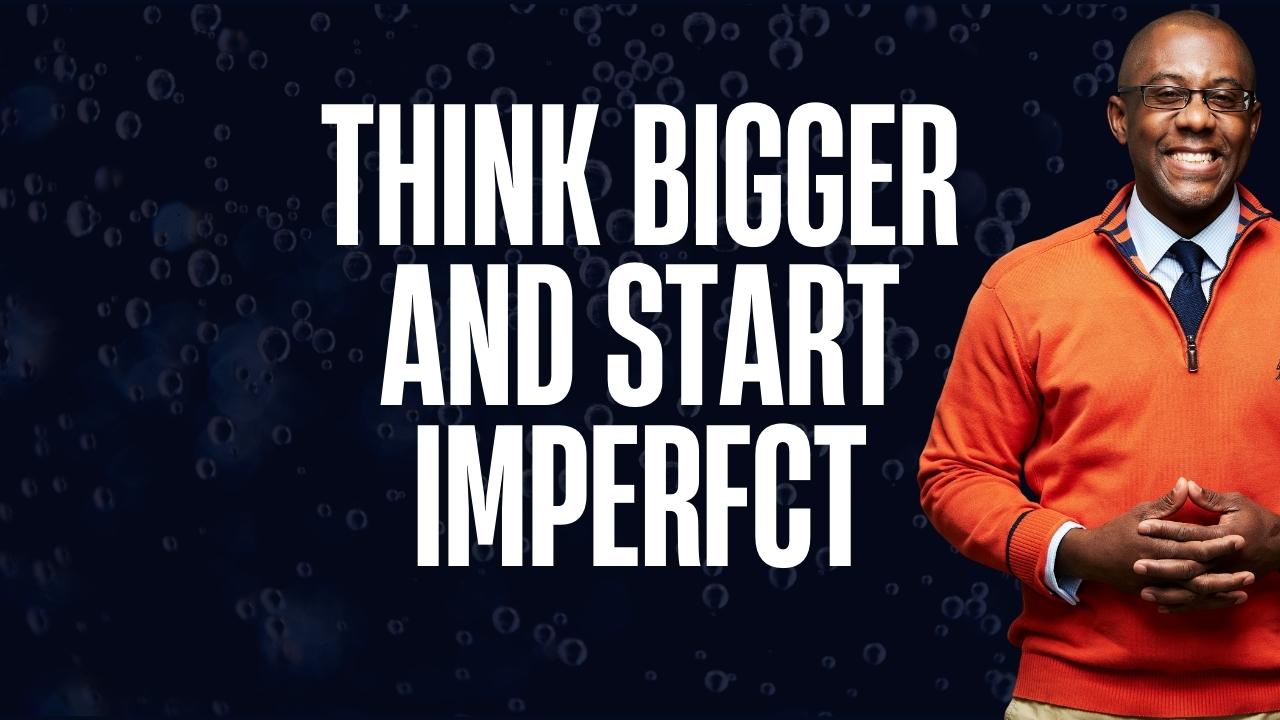Too often, productivity is often emphasized above all else, mindfulness might seem like a soft skill—a nice-to-have but not essential. That perception couldn’t be further from the truth. Practicing mindfulness is not merely a soft skill; it’s a critical prerequisite for success in business. In fact, mindfulness can lead to better decision-making, enhanced creativity, improved emotional intelligence, and stronger leadership.
When we talk about mindfulness, we refer to the practice of being present and fully engaged in the moment without judgment or distraction. It may sound simple, but in a business environment full of multitasking, constant communication, and high-pressure deadlines, maintaining focus and clarity can be a game-changer.
Mindfulness strengthens the ability to concentrate on one task at a time, reducing distractions. When you can focus your attention on what truly matters, productivity soars, and errors are minimized.
A mindful businessperson approaches decisions with clarity and purpose. Instead of reacting impulsively to stressful situations, mindful individual will pause, reflect, and consider all perspectives before acting. This leads to better, more strategic decisions.
Emotional intelligence is a critical skill in business. Being aware of your own emotions and the emotions of others allows you to navigate interpersonal dynamics more effectively. Mindfulness enhances emotional intelligence by making you more aware of emotional triggers and how to manage them.
Business can be stressful, and burnout is a real concern for many professionals. Practicing mindfulness helps mitigate stress by promoting a sense of calm and balance, allowing leaders to stay resilient in challenging situations.
Creativity thrives in a calm, open mind. When you’re not bogged down by stress, anxiety, or distractions, your brain has the mental space to generate innovative ideas and think outside the box. Mindfulness practices encourage this creative flow by helping you detach from rigid thought patterns.
Why Calling a “Soft Skill” is Incorrect
The term “soft skill” implies that mindfulness is somehow secondary to the hard skills that dominate business discussions, like financial acumen, data analysis, or technical proficiency. But mindfulness is not a soft skill in the traditional sense. It is the foundation that enables hard skills to be used effectively. Without clarity, focus, and emotional regulation, even the most technically skilled individual can falter under pressure.
Mindfulness creates a space for thoughtful reflection before action. This is crucial in business, where impulsivity or overreaction can lead to poor decisions, strained relationships, and ultimately, loss of revenue.
Here are five actionable tips for practicing mindfulness that will help you thrive in the business world.
Start the Day with Intentions, Not Distractions
One of the most effective ways to integrate mindfulness into your life is to begin each day with a clear intention. Instead of jumping straight into emails, meetings, or tasks, take a few moments in the morning to reflect on what you want to accomplish. This doesn’t mean just focusing on your to-do list but also setting an emotional tone for the day.
Ask yourself: *What do I want to achieve today? How do I want to feel as I move through the day? How can I approach challenges with calmness and clarity?*
Setting an intention provides a mindful framework for the day, helping you stay centered and focused even when things get hectic.
Take Mindful Breaks
In the business world, it’s easy to power through the day without taking meaningful breaks. However, working without pause can lead to burnout and reduced productivity. Mindful breaks are short, intentional moments when you step away from work to refresh your mind.
Even if it’s just for five minutes, try to disconnect from work completely—whether it’s through a quick meditation, deep breathing, or simply taking a walk without your phone. These breaks will help you reset mentally and physically, allowing you to return to work with renewed focus and energy.
Practice Active Listening
Meetings, phone calls, and presentations are all part of daily business operations. One of the most impactful ways to practice mindfulness in these situations is through active listening. Too often, people listen with the intent to respond, rather than with the intent to understand. This leads to miscommunication and missed opportunities for deeper insights.
When engaging with someone, whether it’s a client, colleague, or employee, focus entirely on what they are saying without thinking about your response. Resist the urge to interrupt or let your mind wander. By practicing active listening, you’ll not only build stronger relationships but also improve your problem-solving abilities.
Stay Present in Difficult Situations
Business is full of challenging moments, whether it’s a tough negotiation, a crisis, or a high-stakes decision. Mindfulness teaches you to stay present and grounded in these situations rather than being overwhelmed by stress or emotion.
When faced with a difficult situation, take a mindful pause before reacting. This can be as simple as taking a few deep breaths to calm your mind. The pause gives you a moment to gain perspective, regulate your emotions, and think strategically about your response.
By staying present in stressful moments, you maintain control over your actions and decisions, leading to better outcomes.
End the Day with Reflection
Just as starting the day with intention is important, ending the day with reflection is equally valuable. Before closing out your workday, take a few minutes to reflect on what went well, what challenges you faced, and how you handled them. This practice of self-awareness will help you continuously improve your leadership and decision-making skills.
Ask yourself questions like: *Did I approach today’s challenges mindfully? How can I improve my focus or emotional regulation tomorrow?*
This reflection not only enhances your self-awareness but also reinforces the habit of mindfulness, making it easier to stay present in your business life.
As business continues to evolve in complexity, those who practice mindfulness will be better equipped to lead with clarity, resilience, and purpose—making mindfulness a true prerequisite for business success.
Related articles:
Five Morning Habits to Live Your Best Life
Free Yourself From Distractions and Massively Increase Productivity











